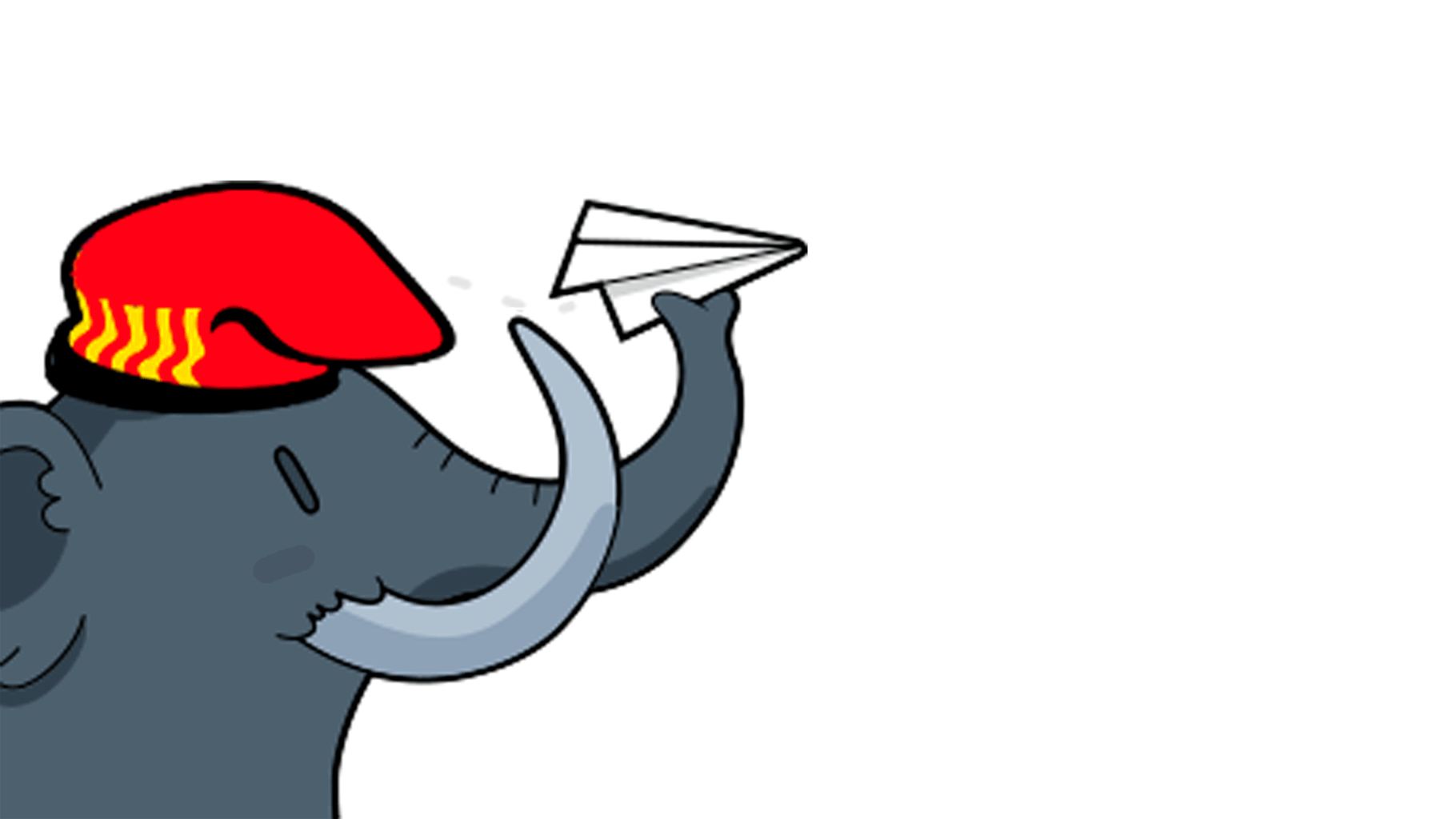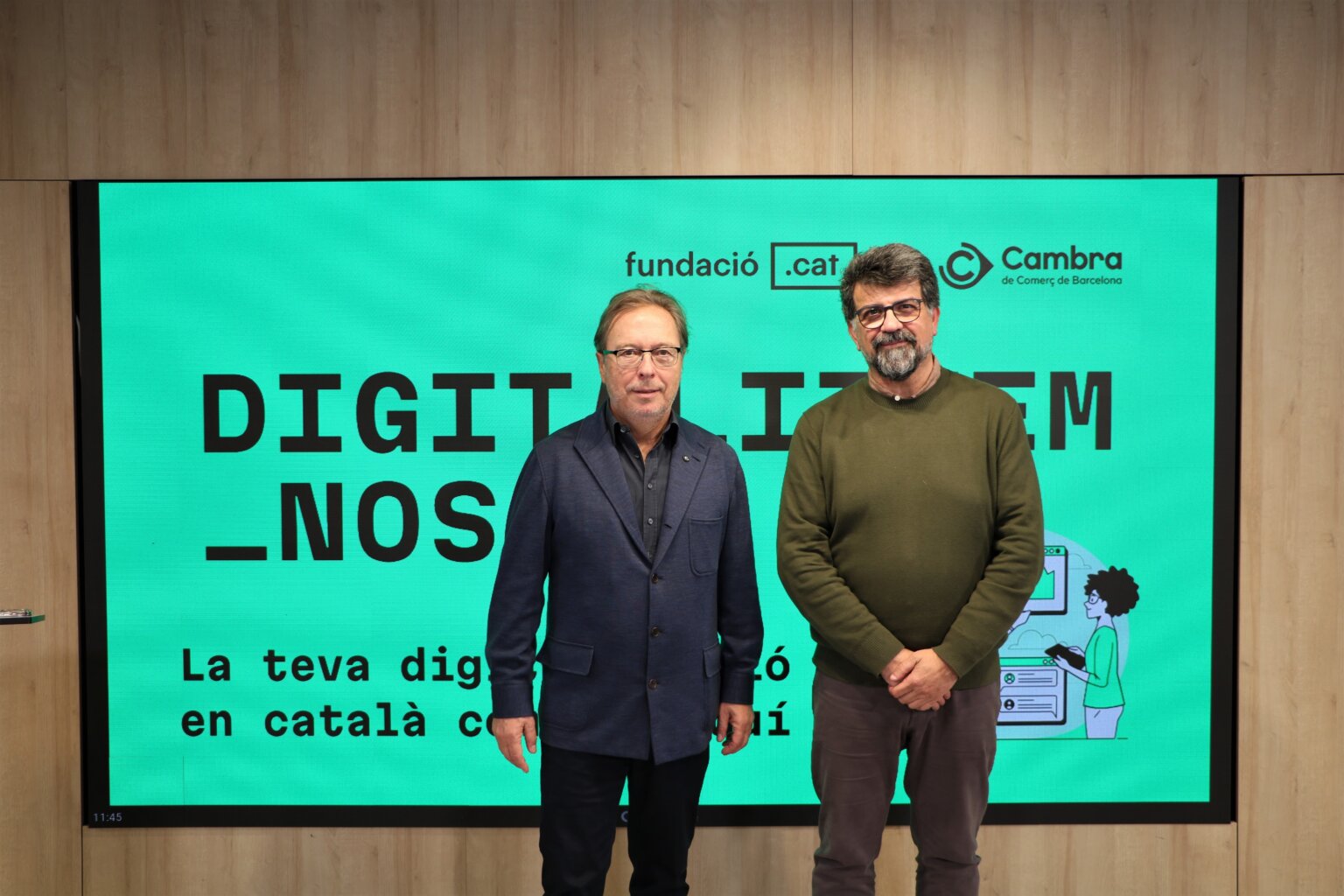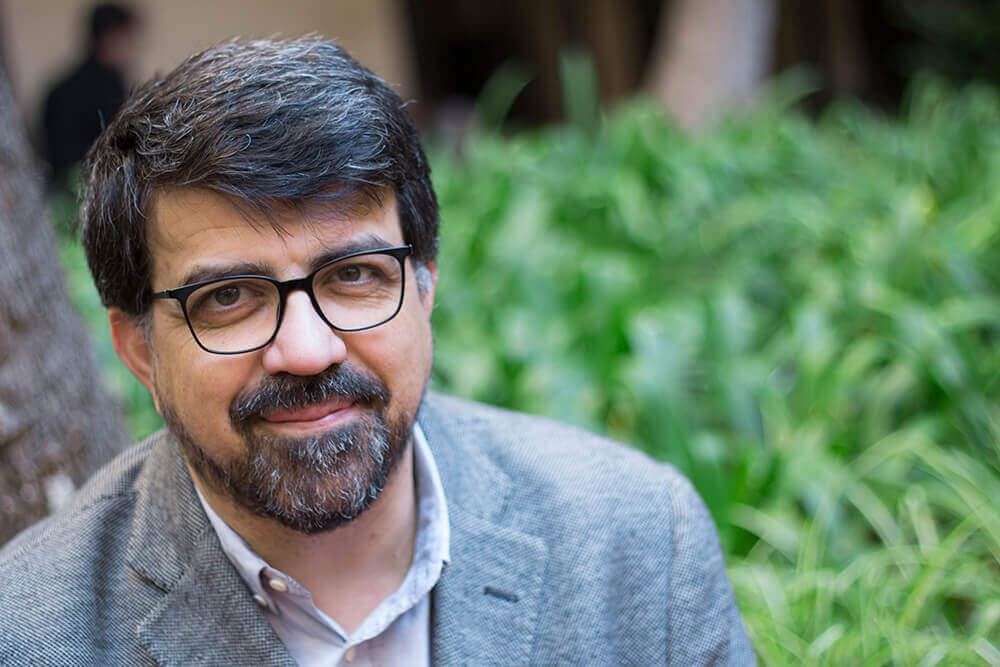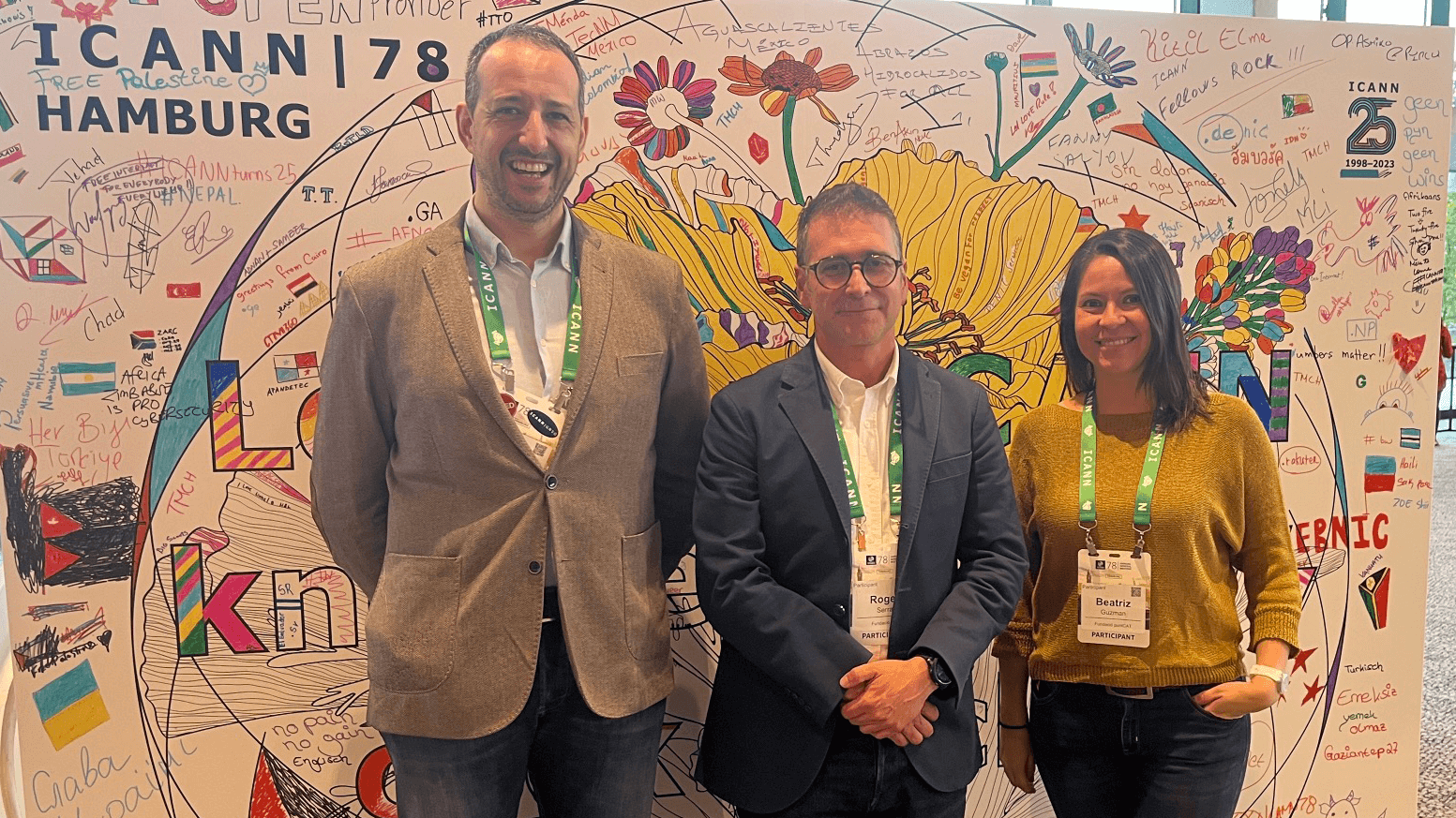Mastodon, the Twitter Alternative

Logo de mastodon.cat FONT: Viquipedia.cat
TEXT: Mercè Molist
The free social media revolution is advancing slowly but surely, as outrage grows over the majority social networks and their daily looting of private data. Mastodon, with 3 million users, is the crown jewel of free networks. It is known as an open-source Twitter for its aesthetics and operation, very similar to those of Twitter.
Open-source networks are services similar to those we already know, such as Instagram or Youtube, but built with open-source software, respectful to private data and managed by the users themselves. Some of these networks share the same interconnection computer protocol that allows them to federate into the so-called Fedivers.
We can find a free Youtube: Peertube; a free Instagram: PixelFed; a free Blogger: Plume, a free Dropbox: Nextcloud or even a free Facebook: Friendi.ca. But it is Mastodon, born in 2016, who has by far the largest number of users, as can be seen in The Federation statistics.
The most populated community of Mastodon in Catalan is Mastodont.cat, with 2,000 users. It has been online since April 13, 2017 and has its own logo made by a user: a mastodon, which is the Mastodon logo, but with a beret. In Catalan there is also Fedivers.net, just born.
Both Mastodont.cat and Fedivers.net are instances, which is how Mastodon is organized. Instances are servers that are mounted by the same users and are connected to each other in a decentralized manner. Each instance is a community with its own rules. Some are dedicated to a language, but also to music, journalism, activism, games, technology or food. The most popular instances of Mastodon can be seen on the project website.
Signing up for Mastodon is very simple: just choose an instance that weighs you down and register by entering a username, email address and password. No phone numbers, no real names, no other private data.
One of the flagships of this universe is respect for private data, which is not captured or marketed. First, by principles, and also because the owners of free networks are the same users who run the instances. The expenses of each instance are paid by the person who assembles it or with donations from the people who use it. This structure makes it unnecessary to sell data to pay for the operation of the network.
The creator of Mastodon is Eugen Rochko, a 27-year-old German programmer who created Mastodon when he was 23. His account highlights: “My dream for Mastodon is to be a viable publishing platform option for any creator. In other words, so that people don’t feel trapped on Twitter or Instagram if they want to be professionally successful. ”
Mastodon users value above all the freedom of its decentralized operation, which makes it difficult to control and censure by governments, and decentralization makes the network very resistant to attacks because they can fall one, two or more nodes and everything will continue to work.
The freedom to say what you think, without fear of being locked out or reported, is another important value, as is the fact that in Mastodon there is no advertising or algorithms that force you to read what some users say to the detriment. others. In addition, they say, here is an atmosphere of cordiality and mutual respect, far removed from the day-to-day “trolls”, “bots” and “haters” of Twitter.


